Editorial advisory board
Editorial Advisory Board
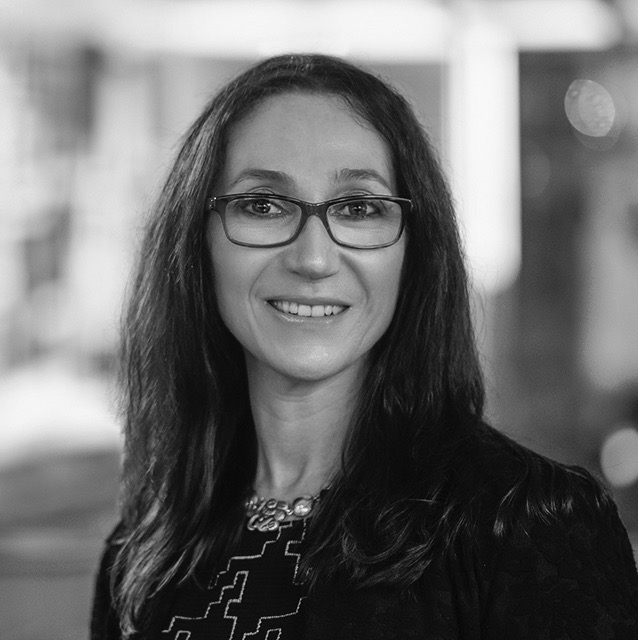
Maria Elena Bottazzi
Senior Associate Dean of the National School of Tropical Medicine, Professor of Pediatrics, Molecular Virology & Microbiology, Division Chief of Pediatric Tropical Medicine; Co-director of Texas Children’s Center for Vaccine Development at Baylor College of Medicine in Houston; and Distinguished Professor in Biology at Baylor University in Waco
Maria Elena Bottazzi is an internationally recognized tropical and emerging disease vaccinologist, global health advocate and co-creator of a patent-free, open science COVID-19 vaccine technology that led to the development of CORBEVAX in India and Halal-certified INDOVAC in Indonesia, both COVID-19 vaccines suitable for global access. She pioneers and leads the advancement of a robust infectious and tropical disease vaccine portfolio tackling diseases such as coronavirus, hookworm, schistosomiasis, and Chagas that affect disproportionally the world’s poorest populations. She also has established innovative partnerships in Latin America, Middle East and Southeast Asia, making significant contributions to innovative educational & research programs, catalyze policies, and disseminate scientific information to reach a diverse set of audiences. She has published more than 230 scientific papers and participated in more than 250 conferences worldwide. She has received national and international awards, such as the 2018 Carlos Slim Foundation Health Award for Lifetime Achievement in Research, the League of United Latin American Citizens (LULAC’s) 2022 National Service Award, the 2023 Holocaust Museum Houston LBJ Moral Courage Award. In 2022, alongside Dr. Peter Hotez, she was nominated by Texas Congresswoman Lizzie Fletcher for the Nobel Peace Prize.
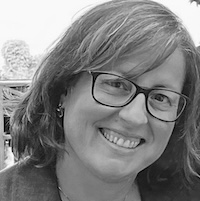
Cristiana Campa
CMC External Intelligence Lead, Vaccines Technical R&D, GSK
Cristiana Campa has more than 20 years’ experience in Chemistry, Manufacturing and Control (CMC) for biologics research and development. She is actively promoting dialogue across industry and with Regulatory Agencies on several topics, including innovative technologies, specifications setting, stability, accelerated development strategies, and pandemic preparedness. Since 2023, she is a member of the PDA Board of Directors, and, since 2024, she is the EFPIA lead in the ICH Expert Working Group for ICH Q6 (specifications) Guideline revision, co-chair of the PDA Vaccine Interest Group, and chair of the Vaccines Europe/ IFPMA CMC Adaptive Pathways team (former COVAX support team).
After her PhD and Post-Doc in Chemistry, Cristiana worked at Bracco Imaging SpA, first as a senior researcher and then as head of the research laboratory in Trieste, Italy. She joined Novartis Vaccines in 2006, first as Analytical Senior Manager and subsequently as Head of Analytical Development, Italy. After acquisition of Novartis Vaccines by GSK in 2015, she has been the Head of Quality by Design Integration and, until June 2018, the Head of Science and Development Practices in Global Technical R&D, covering Quality by Design, Knowledge Management and Development roadmaps; until February 2025, she worked as a Global Vaccines Technical R&D Advisor, GSK.
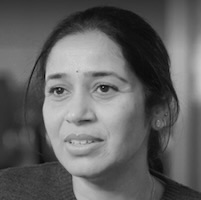
Sudha Chivukula
Head of Discovery Biology, mRNA Center of Excellence, Sanofi
Sudha Chivukula is building the knowledge, technology, and tools required to evaluate new designs for mRNA therapies. Her interdisciplinary research team covers a spectrum of scientific endeavors involving cell biology, translational biology, virology, and immunology. Her laboratory undertakes basic research and preclinical development for elucidating mechanisms of action of mRNA therapies and characterizing immune responses to mRNA vaccination with an overall goal of improving vaccines against respiratory viruses. Sudha received a PhD. in Biochemistry and worked as a post-doctoral fellow at University Putra Malaysia, researching differential gene expression profiling. Enthusiastic about public health interventions, Sudha joined vaccinology to research viral and combination vaccine programs targeting unmet medical needs of low- and middle-income countries. Her scientific contributions have impacted translational research, taking novel vaccine candidates from concept through pharmaceutical, clinical development, and licensure.
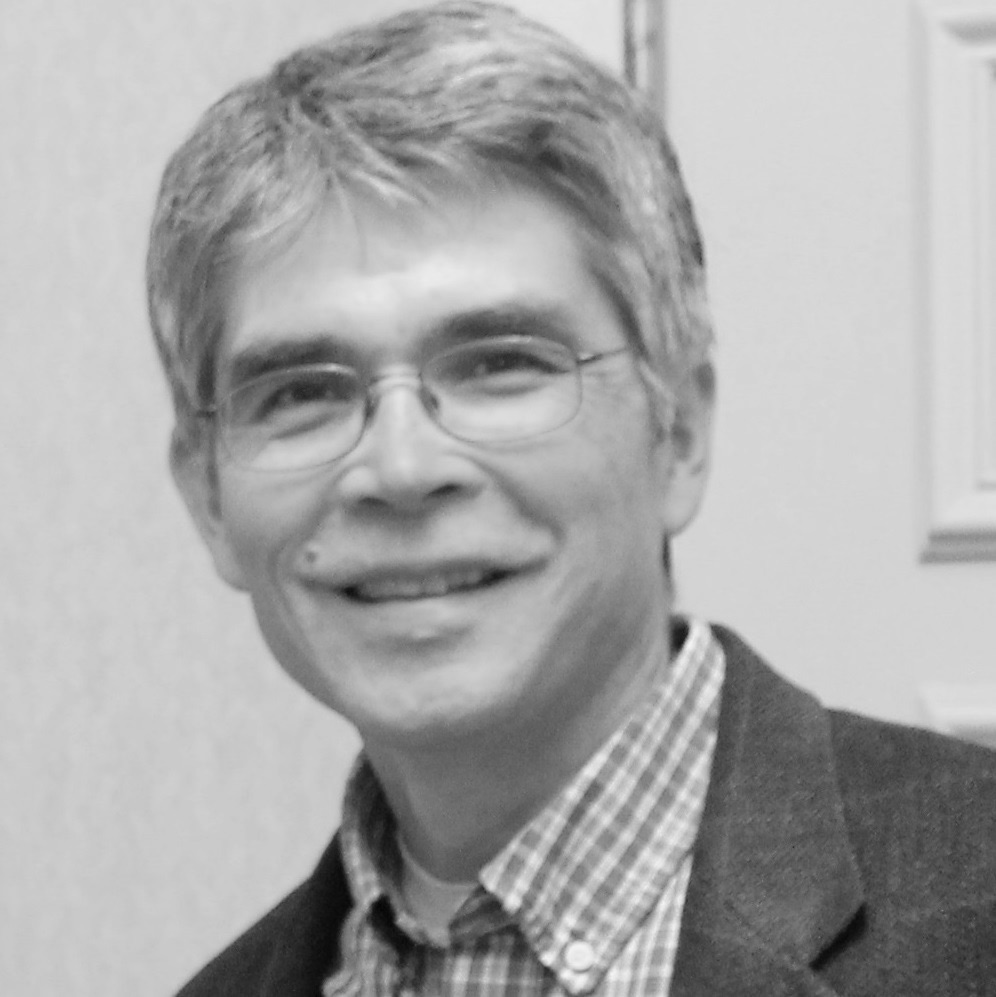
Fred Cassels
Global Head, Enteric and Diarrheal Diseases, Center for Vaccine Innovation and Access, PATH, USA
Fred Cassels leads the enteric and diarrheal diseases (EDD) group, which focuses on rotavirus, polio, Shigella, and enterotoxigenic E. coli (ETEC) vaccines, all within the Center for Vaccine Innovation and Access at PATH. The projects within the EDD portfolio encompass vaccine discovery, in vitro and in vivo proof of concept, process development, cGMP manufacture, Phase 1-4 clinical trials, licensure in-country and through the WHO, and introduction of vaccines – all for the benefit low- and middle-income countries. Previously, Fred was Chief of the Enteric and Hepatic Diseases Branch, Division of Microbiology and Infectious Diseases (DMID), NIAID. The work there encompassed the management of grants, preclinical product development and vaccine manufacturing contracts, as well as domestic and international clinical trials. While at DMID, Fred served as the severe acute respiratory syndrome (SARS) and Influenza Vaccines program officer. Prior to DMID, Dr. Cassels worked in the Department of Enteric Infections, Walter Reed Army Institute of Research, developing ETEC vaccine candidates and delivery technologies.
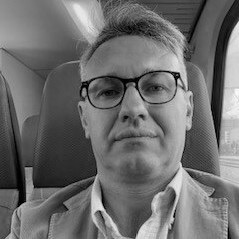
Marco Cavaleri
Head of Biological Health Threats and Vaccines Strategy, EMA
Marco Cavaleri is the Chair of EMA COVID-19 Task Force (ETF) and responsible for EMA activities for emergent pathogens, vaccines, and antimicrobial resistance. Marco is a pharmacologist who spent several years in industry R&D, mainly in preclinical and clinical development of anti-infectives. In 2005, he joined the EMA as Scientific Administrator in the Scientific Advice Sector, specifically anti-infectives and vaccines scientific advice procedures, and in 2009 he was appointed as Head of Section for Anti-infectives and Vaccines in the Safety & Efficacy Sector, Human Medicines Development and Evaluation Unit
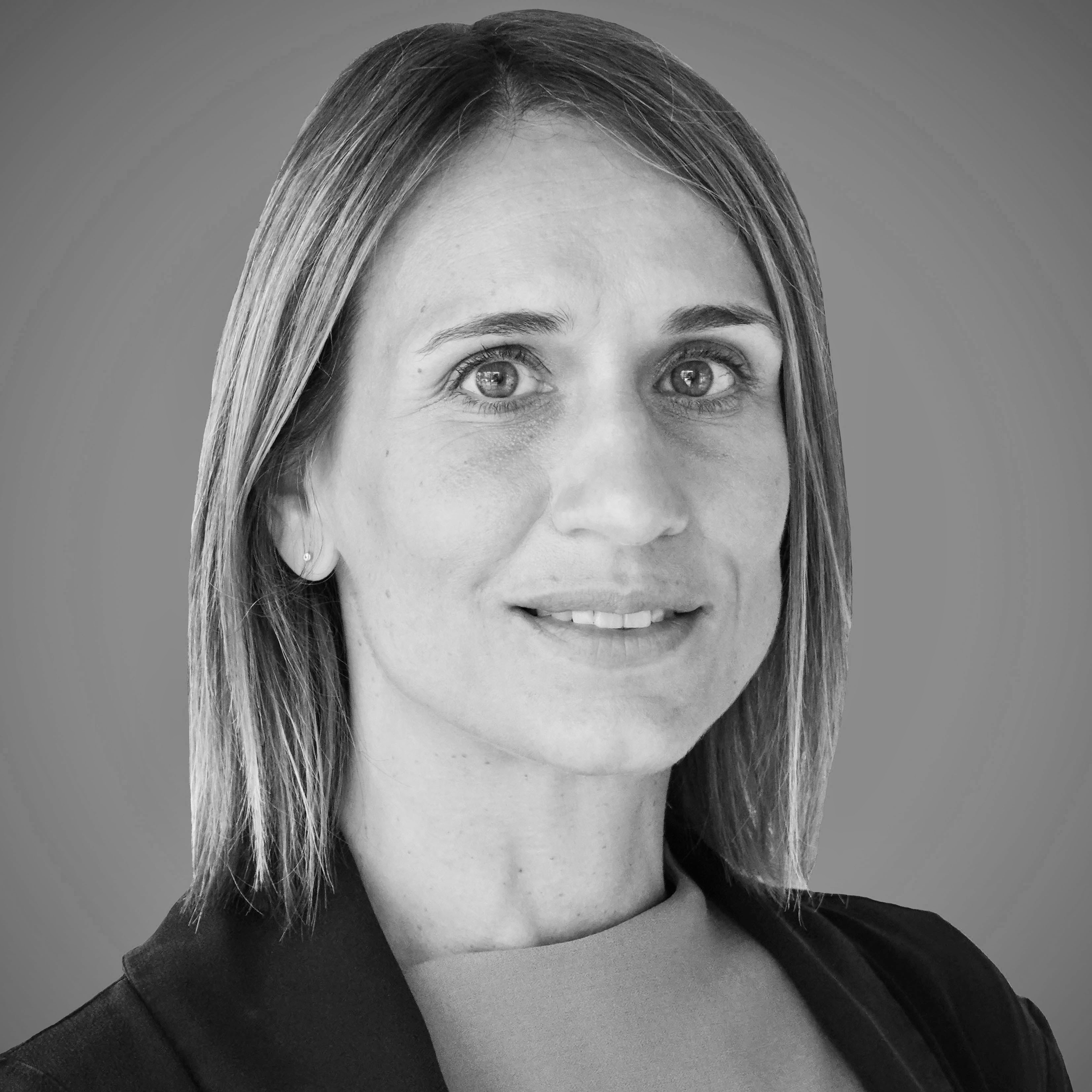
Ana Jaklenec
Principal Research Scientist and PI, Massachusetts Institute of Technology at the David H. Koch Institute for Integrative Cancer Research
Ana Jaklenec has over 15 years of experience in bioengineering, materials science, micronutrient and vaccine stabilization and delivery. She has published over 100 manuscripts, patents, and patent applications and has founded three companies: Particles for Humanity, VitaKey, and OmniPulse Biosciences. Her major focus is the study and development of polymers to deliver liable drugs, particularly vaccines, DNA vectors and mRNAs, in stable form for prolonged periods of time with unique kinetics. Her lab is currently working in the following areas: developing single-injection self-boosting vaccines; nanocarrier-based vaccine approaches targeting protective memory responses after parenteral immunization; 3D printed on-demand microneedle vaccines; developing on patient medical records using invisible dyes; creating long-term drug delivery systems for cancer immunotherapy; developing heat stable polymer-based carriers for oral delivery of micronutrients and probiotics. Dr. Jaklenec is the recipient of the Ruth L. Kirschstein National Research Service Award (NRSA) from the National Institutes of Health (NIH) and was elected to the National Academy of Inventors (NAI) 2023 Class of Fellows, the highest professional distinction for academic inventors in the United States.
.jpeg)
Isis Kanevsky
Director Bacterial Vaccines, Pfizer, USA
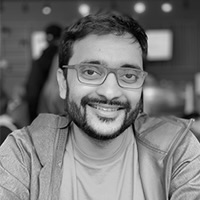
Amit Khandhar
Director of Formulations, HDT Bio
Amit earned his PhD in Materials Science and Engineering from the University of Washington and, for over a decade now, he has investigated how various nanoparticle technologies interface with biological systems. He is an inventor of HDT Bio’s LION™ technology — a clinical-stage formulation used for the delivery of self-amplifying RNA vaccines. His current research interests lie in understanding how routes of vaccine administration affect the quality of immune responses, extending HDT Bio’s AMPLIFY technology to diverse infectious disease and oncology targets, and designing formulations that enable nucleic acid modalities beyond saRNA.

Denny Kraichely
Global Program Leader, Vaccine Development Management, Pfizer, USA
Denny Kraichely is an accomplished scientist, author, and inventor. After receiving a PhD in Pharmacological and Physiological Science from Saint Louis University, he completed a short post-doctoral fellowship, then joined the pharmaceutical industry. Over the past 20+ years, through strong technical expertise and cross-functional matrix leadership of internal and cross-company teams, his efforts have contributed to the development and approval of multiple biologic therapeutics and vaccines. In his current role at Pfizer, he manages and guides Vaccine Research & Development program teams to develop aggressive, forward-thinking development plans that maximize scientific, medical, and commercial value.
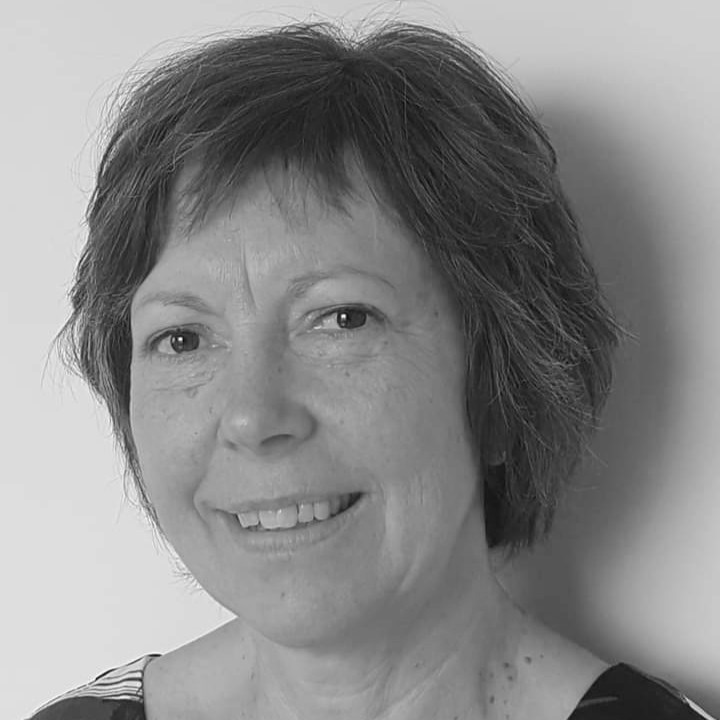
Ingrid Kromann
Head of CMC and Acting Executive Director of Manufacturing & Supply Chain Division, CEPI, UK
The Coalition for Epidemic Preparedness Innovations (CEPI) Manufacturing & Supply Chain Division supports vaccine development projects, implements new innovative technologies and establishes sustainable development, manufacturing facility, and supply chain networks to rapidly deliver equitable vaccine access where and when needed. Ingrid has a background as chemical engineer. She has more than 25 years’ experience of working with vaccines through her employment at Statens Serum Institut, Denmark. For the last 16 years, Ingrid led the Vaccine Development department at Statens Serum Institut, and she has developed more than 10 different vaccines from research to clinical trials, mostly within Tuberculosis, Polio, and Chlamydia.
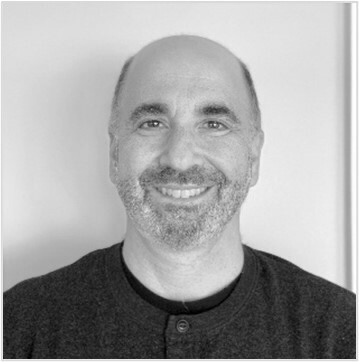
Rick Malley
Senior Physician in Medicine, Division of Infectious Diseases, Boston Children’s Hospital and Professor of Pediatrics, Harvard Medical School
Dr. Malley received his early education at Ecole Active Bilingue in Paris France, then a BA from Yale University, MD from Tufts University, and pediatrics, pediatric infectious diseases, and emergency medicine training at Boston Children’s Hospital (BCH). A chance meeting with Dr. Porter Anderson led to his interest in developing a universal pneumococcal vaccine and vaccinology in general. Under Dr. Anderson’s mentorship, he shifted his research to the discovery and development of vaccines. His current clinical activities include attending on the inpatient Infectious Diseases consult service and directing the Travel and Geographic Medicine clinic at BCH. Dr. Malley runs a research laboratory funded by the NIH, PATH, and the Bill and Melinda Gates Foundation (BMGF). In 2014, Dr. Malley and collaborators started Affinivax, a biotechnology company based on a novel technology called MAPS (Multiple Antigen Presenting System) to develop vaccines for both developed and developing countries. With Affinivax’s acquisition by GSK in August 2022, he became Chief MAPS scientist until March 2023, after which he returned full-time to Boston Children’s Hospital.

Ebrahim Mohamed
Science & Innovation Group Leader, Biovac, South Africa
Ebrahim Mohamed is a Synthetic Organic Chemist by training, with over 18 years’ experience in pharmaceuticals and expertise covering business development, product development, technology transfers, process optimizations and cGMP. After completing his PhD from the University of Cape Town in 2009, he joined the Science and Innovation (S&I) Department at the Biovac Institute (BIOVAC) where he worked on the development of glycoconjugate vaccines against diseases such as Haemophilus influenzae B, Streptococcus Pneumoniae and Group B Strep. As Group Leader he currently manages all the CMC-related activities with the S&I department. He has accumulated experience in both inward- and outward-bound technology transfers of clinical vaccine candidates and commercial products. In 2015, Ebrahim joined the secretariat team of the African Vaccine Manufacturing Initiative (AVMI), where he has been pivotal in the coordination of the AVMI Vaccine Manufacturing and Procurement in Africa (VMPA) study. Subsequently elected as a member of the AVMI board, Ebrahim represented the Southern African Region between 2016 and 2021. In 2021 he was elected as part of the Scientific Working group addressing Technology and IP in the ‘Partnerships for African Vaccine Manufacturing’ (PAVM) study coordinated by the African CDC. He also serves on Emerging Biopharmaceuticals Manufacturers Network (EBPMN) scientific committee.
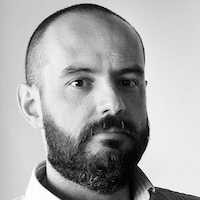
Emanuele Montomoli
Full Professor of Hygiene and Public Health at the University of Siena, Italy
Emanuele Montomoli has been a full Professor on Public Health at the Department of Molecular Medicine at the University of Siena, Italy, since 2016. He carries out epidemiological research, surveillance networks for infectious diseases and serological assays for clinical trials for vaccines. In 2008, he founded Vis Mederi srl, an enterprise involved in laboratory activities for vaccines and antiviral drugs clinical trials, and is now CSO. He is the author of more than 200 papers, as well as numerous abstracts and letters, published in international scientific journals. He graduated in Life Sciences at the University of Siena in 1997.
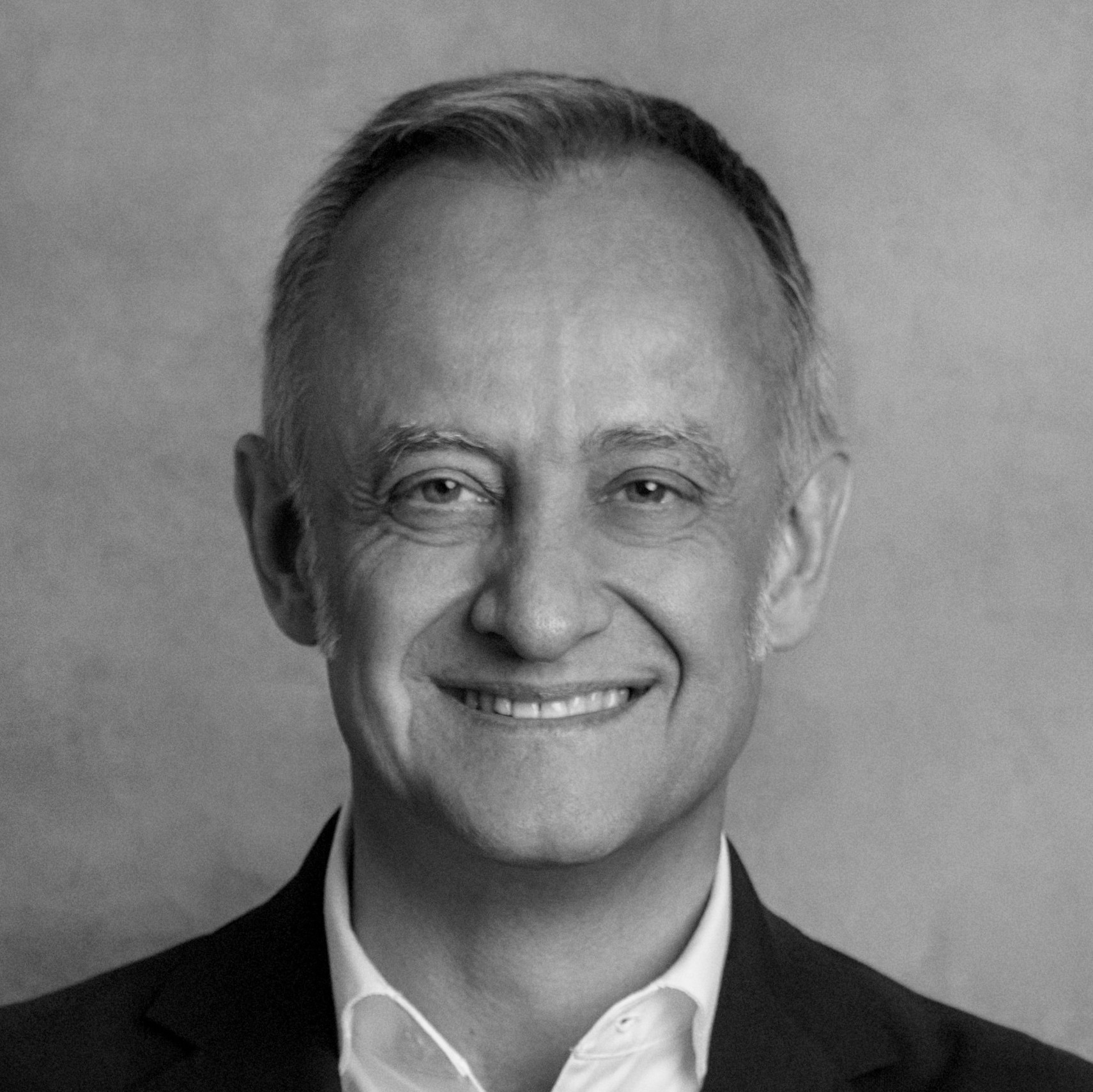
Pierre A. Morgon
CEO of MRGN Advisors, Chief Business Officer at Nuvamid, Co-Founder and interim CEO at Ibex Therapeutics, and Regional Partner for Switzerland at Merieux Equity Partners. Chairman of the Boards of Kupando and Health Technologies Holding, Non-Executive Director to the Boards of Barinthus Bio, Univercells, Limula, Zambon Biotech, Lys Therapeutics, IABS (International Alliance for Biological Standardization) and GCRI (The Global Centre for Risk and Innovation).
Pierre has over 35 years of experience in the global life science industry, especially with specialty care, vaccines and immunotherapy, at the helm of international operations, in C-level positions at global level in multinational corporations and as CEO of start-up companies. He is a lecturer in several MBA programs and in life science conferences, and at the Mass Challenge incubator in Switzerland where he is a mentor for start-up life sciences companies. He holds a Doctorate of Pharmacy, a Master in Business Law and a MBA, and he is an alumnus of INSEAD and IMD.
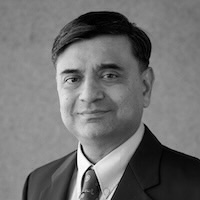
Vikram Paradkar
Senior Vice President, Technical Operations, Biological E Ltd
Vikram Paradkar received a PhD in Chemical & Biochemical Engineering from the University of Iowa, USA, followed by a 30-year professional career in Technical Operations for leading biotech companies, including process & product development, and clinical & commercial manufacturing of multiple classes of biotherapeutics such as vaccines, monoclonal antibodies, and recombinant proteins. For the past 10 years, he has served as Executive Vice President – Technical Operations at Biological E Limited, India, a fully vertically integrated vaccine development and manufacturing organization. There, he provides leadership and oversight to product development and manufacturing teams involved in supplying nine WHO-Prequalified vaccines globally and a development portfolio of more than ten vaccines in early- to late-stage development. He led the development and manufacturing of RBD protein-based COVID-19 vaccine CORBEVAX, with more than 75 million doses administered.
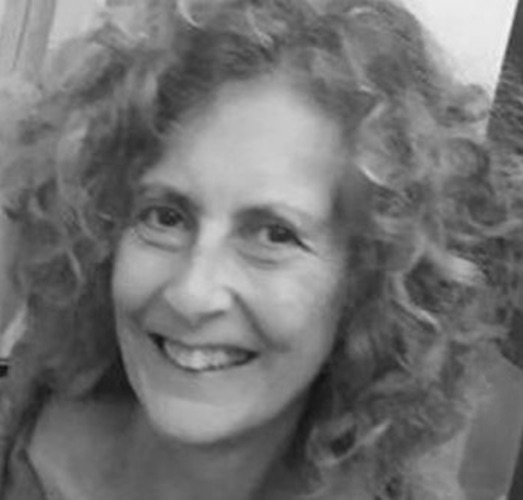
Mariagrazia Pizza
Senior Scientific Director, Bacterial Vaccines, GSK, and Head of Preclinical, GSK Vaccine Institute for Global Health, Italy
Mariagrazia Pizza received her degree in Chemistry and Pharmaceutical Technologies at the University of Naples, Italy. Following a period at the EMBO laboratories in Heidelberg, Germany, Mariagrazia moved to Siena, Italy where she has been ever since, leading many bacterial projects. She has contributed to the discovery of a pertussis vaccine based on a genetically detoxified toxin that can protect children from the disease and to the discovery of new vaccine antigens by genome mining (reverse vaccinology), which are the basis of a new Meningitis B vaccine now licensed in more than 40 countries worldwide. She has received many scientific awards and is an elected member of EMBO and the European Academy of Microbiology and Academia Europaea, Fellow of the American Academy of Microbiology and Vice President of International Unit of Microbiology Societies. Mariagrazia is Honorary Visiting Professor at Imperial College (UK). She has over 200 publications and is co-inventor of over 70 patents.
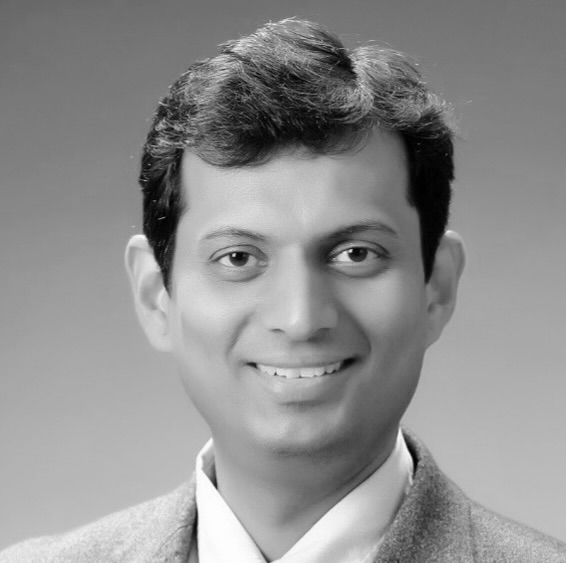
Sushant Sahastrabuddhe (MD, MPH, MBA)
Associate Director General for the Innovation, Initiatives and Enterprise Development Unit at the International Vaccine Institute in Seoul, South Korea.
Sushant has been working at IVI since 14 years and has led multiple vaccine development programs involving typhoid conjugate, Chikungunya, and COVID-19 vaccines. Sushant is a medical graduate from India with Masters in Public Health from Johns Hopkins Bloomberg School of Public Health, Baltimore, USA and an MBA from the Indiana University, USA. Before joining IVI, Sushant worked with National AIDS Research Institute (NARI) under the umbrella of Indian Council of Medical Research (ICMR) and International AIDS Vaccine Initiative (IAVI).
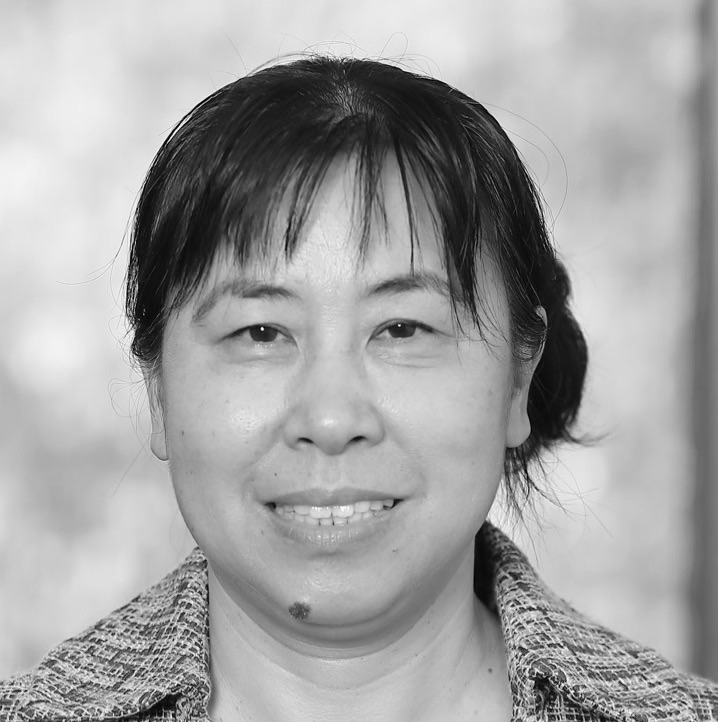
Yongjun Sui
Scientist, Vaccine Branch, Molecular Immunogenetics and Vaccine Research Section, National Cancer Institute, National Institutes of Health, USA
Yongjun Sui received her Ph.D. in pathology from Beijing Institute of Basic Medical Sciences in 1998 and completed her postdoctoral training at the University of Kansas Medical Center (2002-2005) and University of Pittsburgh (2005-2008). She joined the Vaccine Branch of the NCI as a staff scientist in 2008. Her research interests focus on the development of mucosal HIV and SARS-CoV-2 vaccines using non-human primate and rodent models. She is interested in identifying innate and adaptive immune correlates of protection against HIV and SARS-Cov-2 infections, as well as exploring trained innate immunity mediated by myeloid cells.
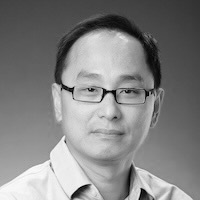
Christopher Ton
Principal Scientist, Vaccines & Advanced Biotechnologies Process Development, Merck & Co., USA
Christopher Ton has over 23 years of experience in the life science industry, including process development, optimization, scale-up, tech transfer and GMP manufacture of cell therapeutics, and live viral vaccines. He received his Ph.D. in Molecular Biology from the University of Toronto, Canada. Since joining Merck in 2009, his primary focus has been on vaccine upstream bioprocess development. He has led and contributed to the development of multiple vaccine candidates such as SARS-CoV-2 and dengue vaccines.
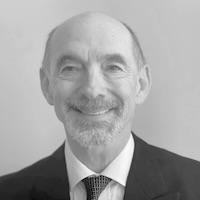
Jeffrey B Ulmer
President, TechImmune LLC
Jeffrey B Ulmer, PhD, spent more than 30 years in vaccines R&D at Merck Research Laboratories, Chiron Corporation, Novartis, and GlaxoSmithKline. His most recent leadership positions included Global Head, External R&D; Head, Preclinical R&D; and Program Head, Technical R&D. His scientific focus has been vaccine technology platforms, including DNA and mRNA vaccines, viral vectors, and adjuvants. He received his PhD in biochemistry from McGill University and completed his postdoctoral training in the laboratory of Nobel laureate Dr George Palade in the Department of Cell Biology at Yale University School of Medicine. He has published over 210 scientific articles, is an inventor on 11 patents, and is Deputy Chair of the Board of the International Society for Vaccines. He is currently President, TechImmune LLC (Newport Beach, CA).
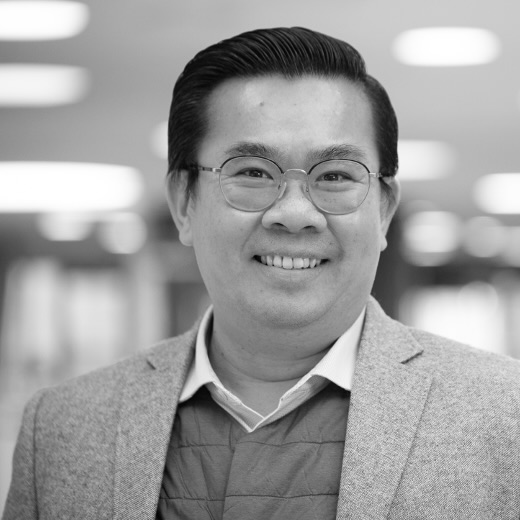
Tuck Seng Wong
Professor of Biomanufacturing in the School of Chemical, Materials, and Biological Engineering (CMBE), University of Sheffield.
TSW serves as the Director of the UK-South East Asia Vaccine Manufacturing Research Hub, a £7.6M initiative supported by the UK’s Department of Health and Social Care (DHSC) and the Engineering and Physical Sciences Research Council (EPSRC). Additionally, he holds adjunct positions with the National Centre for Genetic Engineering and Biotechnology (BIOTEC) in Thailand and the Bandung Institute of Technology (ITB) in Indonesia. TSW has received multiple prestigious fellowships, including the JSPS Invitational Fellowship (2023, declined due to the hub award), the RAEng | The Leverhulme Trust Senior Research Fellowship (2019), the Royal Academy of Engineering Industrial Fellowship (2016), and the Medical Research Council Career Development Fellowship (2007). With over two decades of expertise in protein engineering and engineering biology, his research spans diverse applications, including biopharmaceuticals, enzyme biocatalysis, and alternative foods.